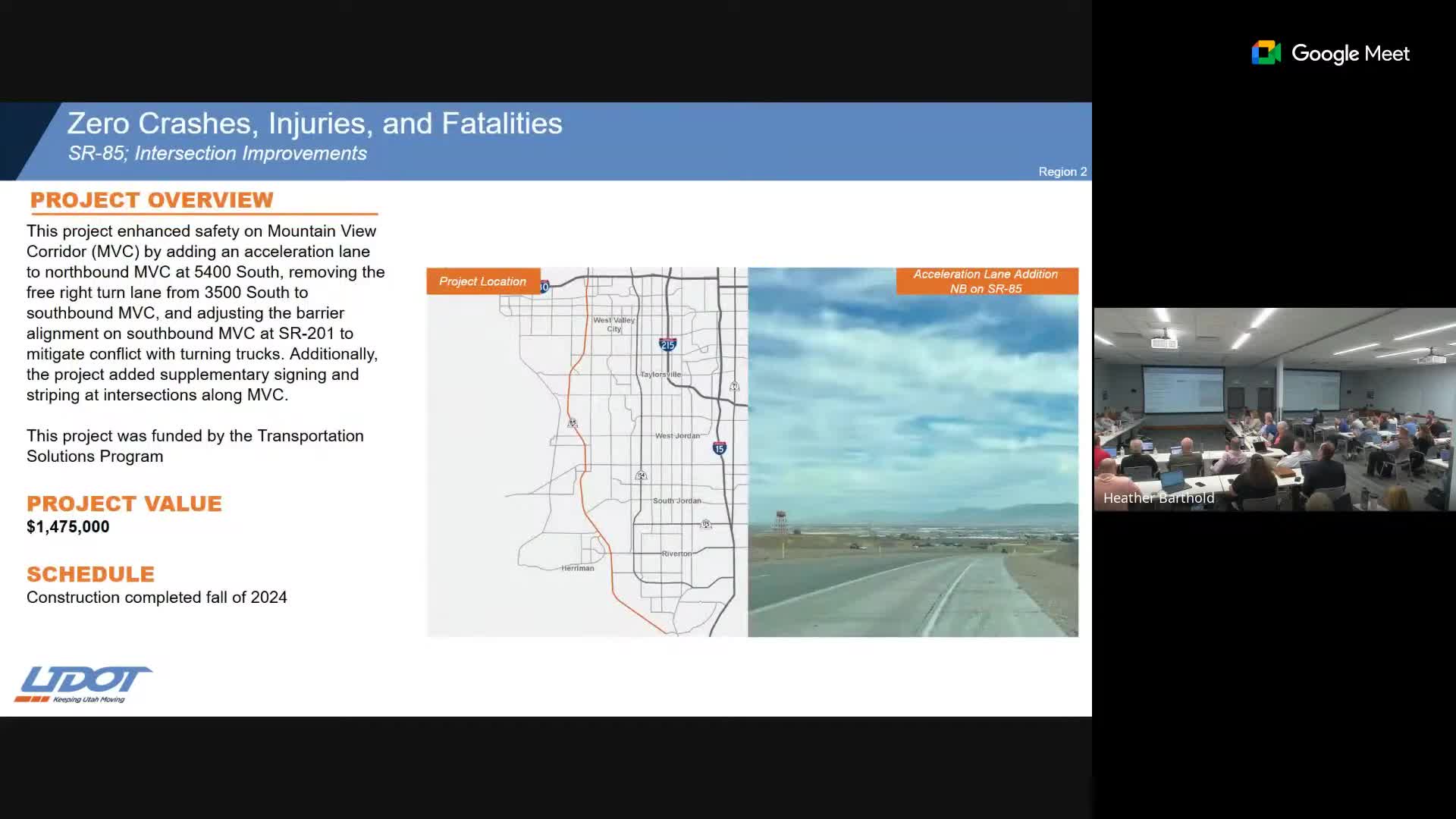Article not found
This article is no longer available. But don't worry—we've gathered other articles that discuss the same topic.
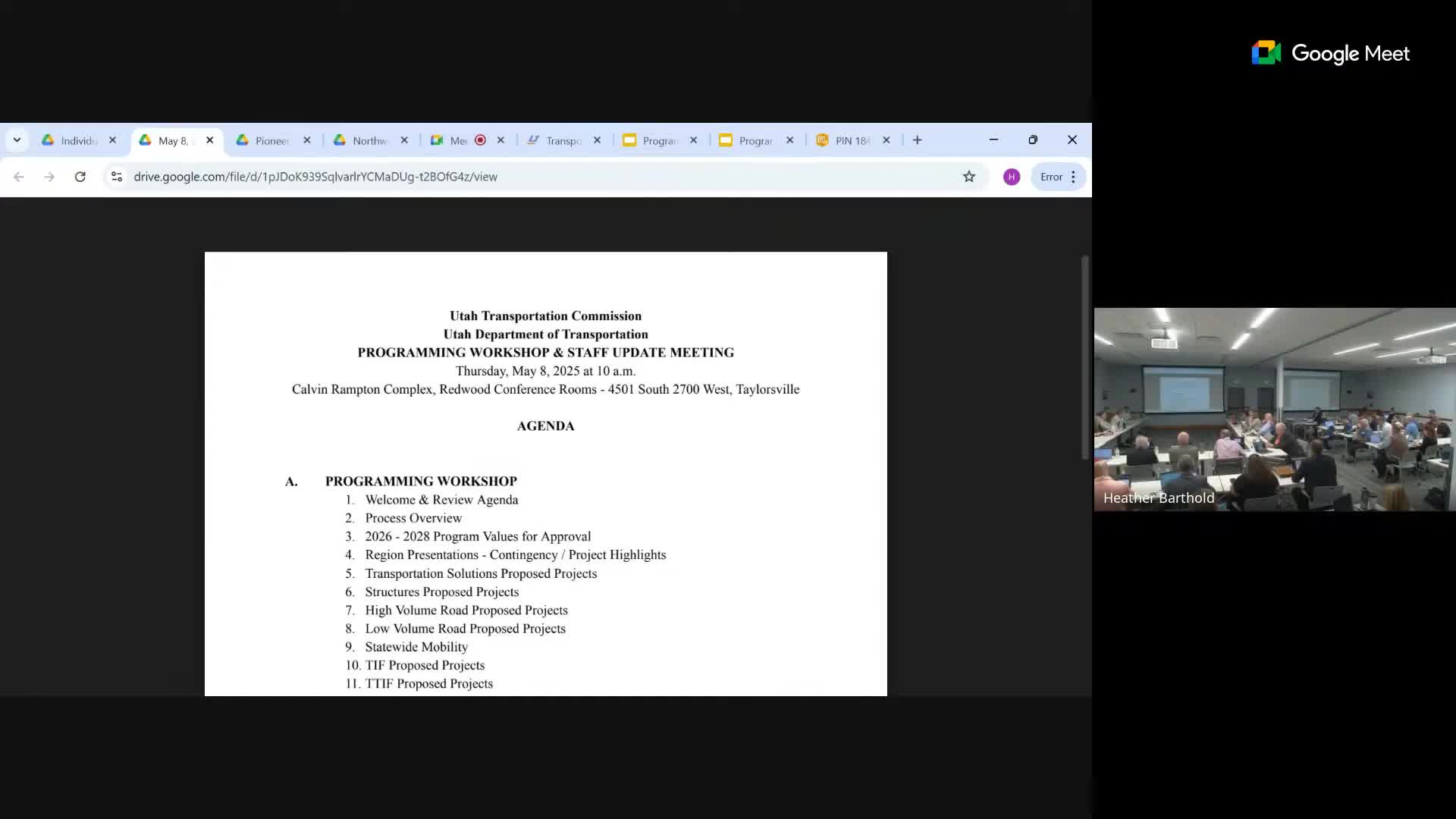
UDOT commissioners briefed on proposed program values and STIP schedule; commission to vote next month
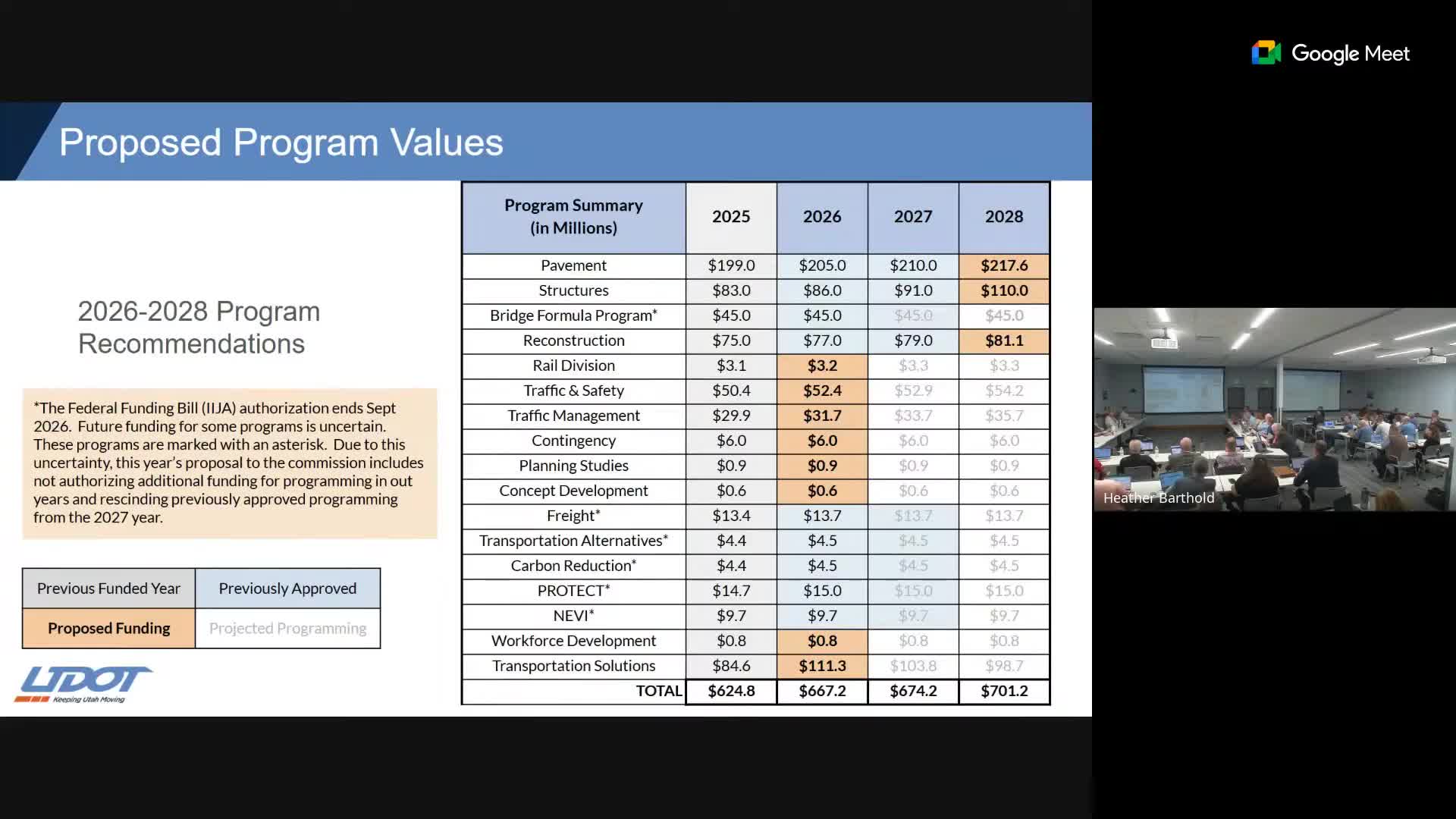
UDOT highlights new federal Bridge Formula funding; staff say 90 local bridges targeted for repair
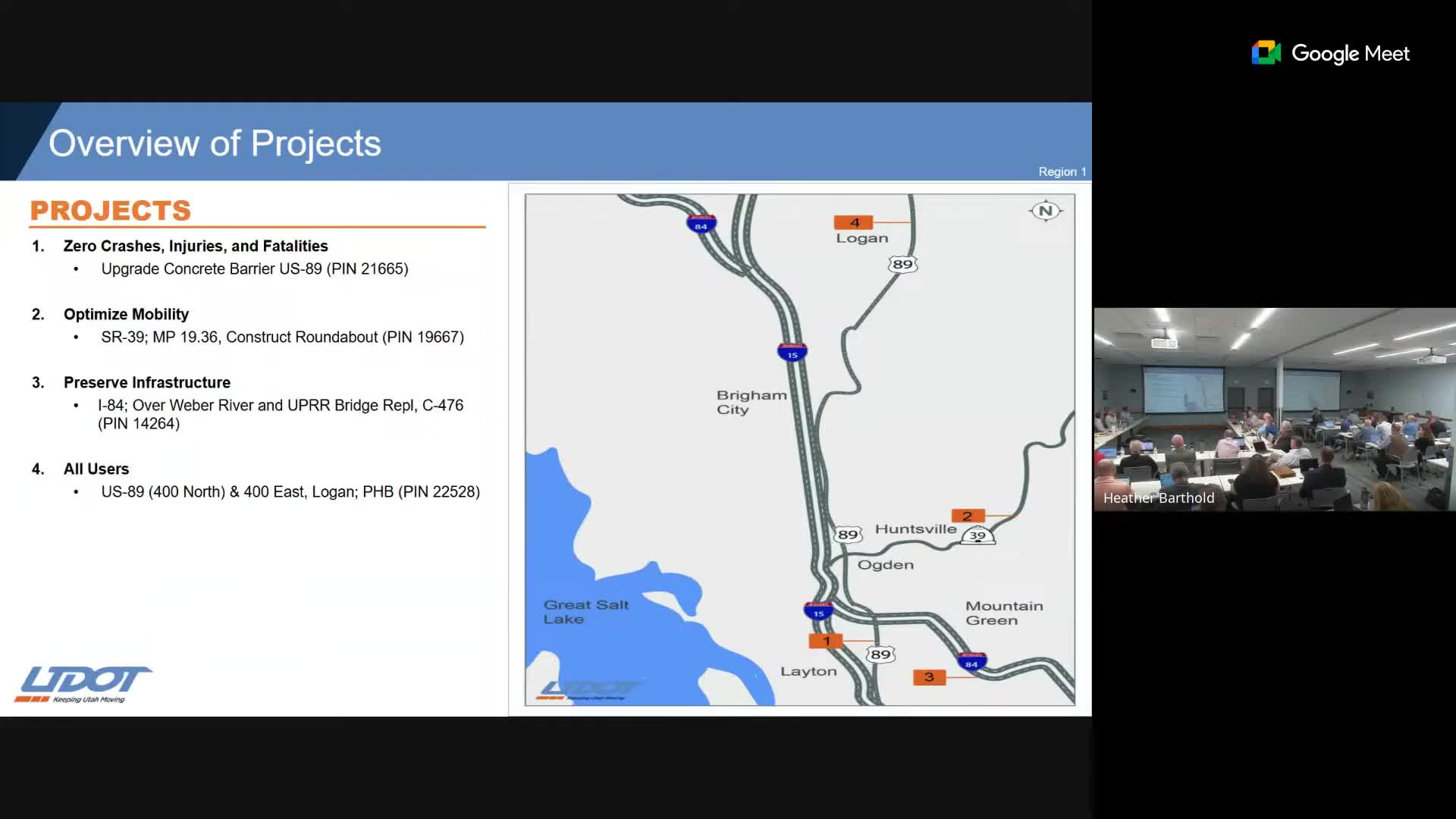
UDOT regions review recent projects, contingency spending and transportation solutions examples
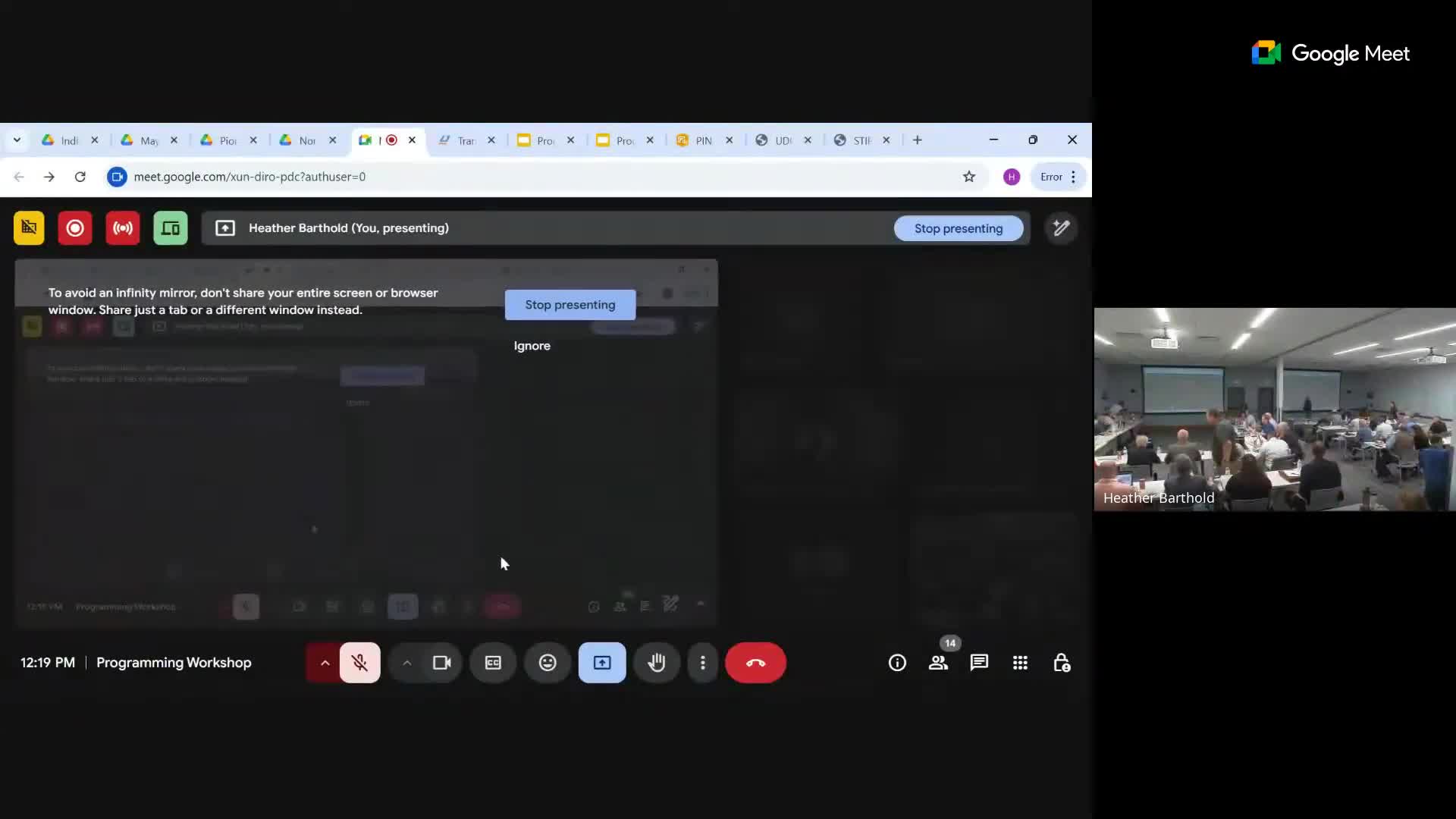
UDOT shows new statewide congestion dashboard; staff say probe‑data tool better captures delay patterns
